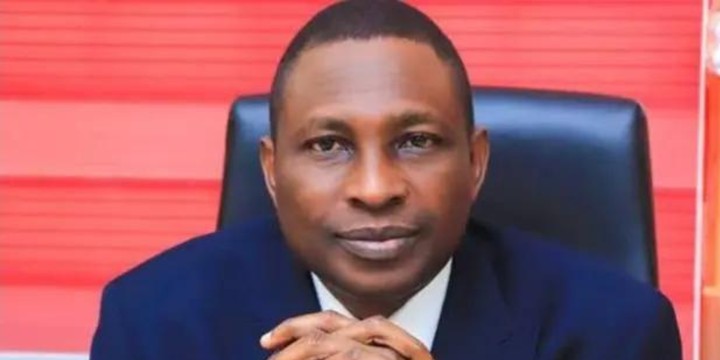The Chairman of the Economic and Financial Crimes Commission (EFCC), Ola Olukoyede, has disclosed that bank executives are complicit in facilitating money laundering in Nigeria, with the commission set to begin prosecution of those involved. Speaking at the 17th annual conference of the Chartered Institute of Bankers of Nigeria (CIBN), Olukoyede revealed that investigations have uncovered the involvement of bank officials in illegal forex trading and money laundering.
He urged the CIBN to enhance its regulatory oversight to curb financial fraud, emphasizing that major financial crimes are perpetrated through the country’s banking system. Olukoyede also called on the National Assembly to pass a law supporting the government’s whistle-blower policy to ensure the protection of individuals who report fraudulent activities.
Furthermore, the EFCC chairman advised lawyers to exercise due diligence in their practices, ensuring that they understand the background of their clients to avoid breaching Anti-Money Laundering and Counter-Terrorism Financing (AML/CTF) regulations.
He said, “As lawyers, we are supposed to hold a position of trust in our professional conduct. While we try to comply with international laws and regulations, we should also do what is right for ourselves to protect the sanctity of our profession, which is very key.”
“Don’t try to protect suspected criminals, people who must have committed financial crimes. So, if you know who we are looking for, you must bring that person to the open and we will do our part.”
“Doing the right thing doesn’t necessarily come from the way of international conventions. If you do the right things, they will automatically take you out of the grey list.”
“It is expedient on you to, at least, know who your client is. You are expected to be paid from a legitimate source.
“If you are a victim of crimes, you will understand what I am saying. As lawyers, you must not, in any way, derogate or demean your professional commitment to your clients.”
“Even a part of the money laundering Act that we have evaluated doesn’t stop me from enforcing the regulations of the EFCC Act and other financial laws in Nigeria.”




